
La familia Morris: Definir su legado
La donación de legados es un asunto familiar para los Morris. Reconocen que la donación de legados es una forma poderosa de ampliar su apoyo, al tiempo que construyen la propia historia única de su familia para sus generaciones futuras.

Se trata de encontrar tu propia capacidad de dar, que no tiene por qué ser mucha. Das lo que puedes.
Nancy Morris

Toda una vida de cuidados
Tener MSH cerca de casa ha marcado la diferencia para la familia Morris a lo largo de los años. La familia ha experimentado generaciones de cuidados allí, desde los nacimientos de Erica y Hannah hasta los compasivos cuidados paliativos que recibió la madre de Lara.
"Desde el principio hasta el final de la vida, hay algo que todos compartimos: que vamos a necesitar el hospital en una o varias etapas de nuestra vida", comenta Brad.
"En muchas situaciones, el tiempo es lo más importante", añade Nancy. "Es tranquilidad tener un hospital cerca".
Actualmente, Jennifer, la hermana de Brad, está superando su reciente diagnóstico de diabetes en la Clínica de Diabetes para Adultos de MSH. "No tenemos palabras para describir a todo el equipo de la Clínica de Diabetes para Adultos. Su comodidad, su profesionalidad y su apoyo a la hora de afrontar algo que al principio puede intimidar o asustar marcan la diferencia", añade Brad.

Artículo de

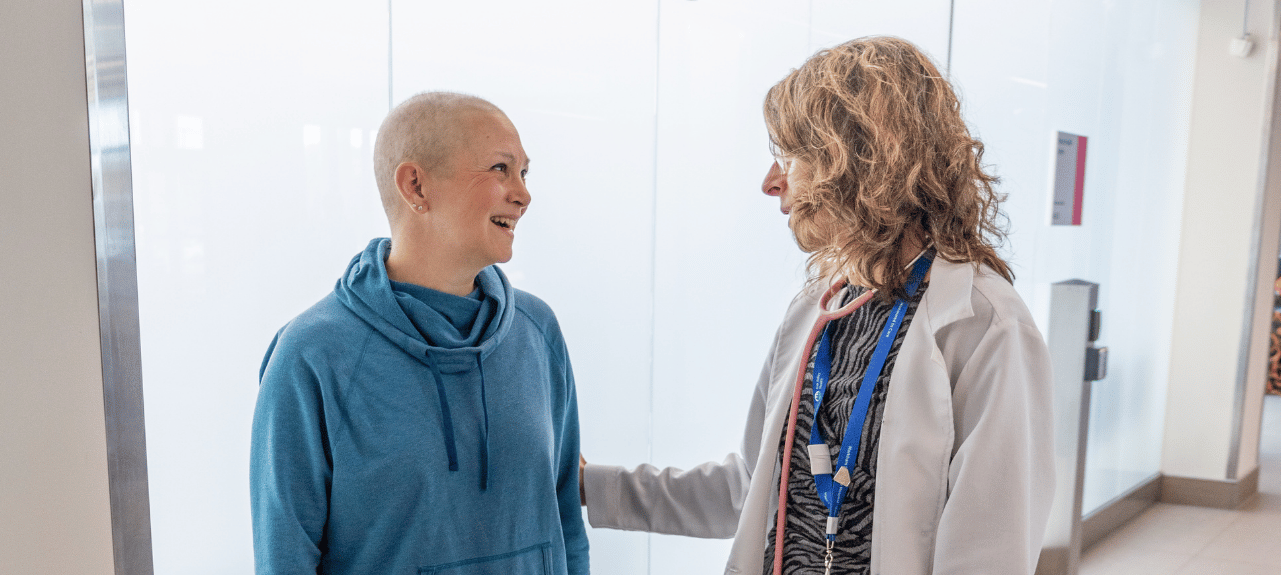
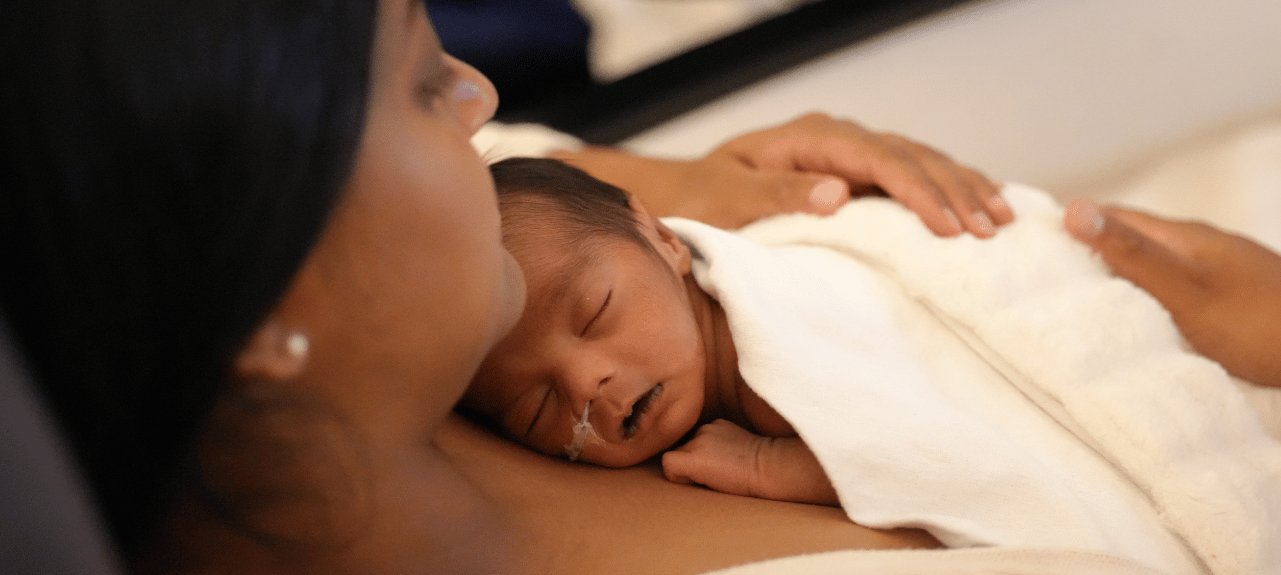
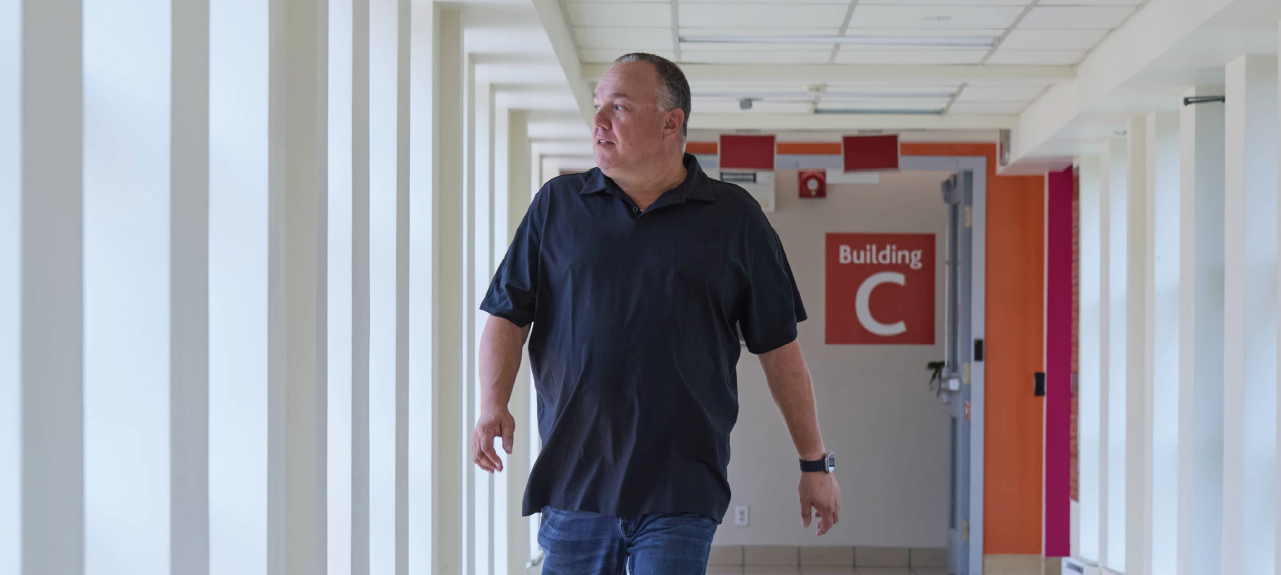
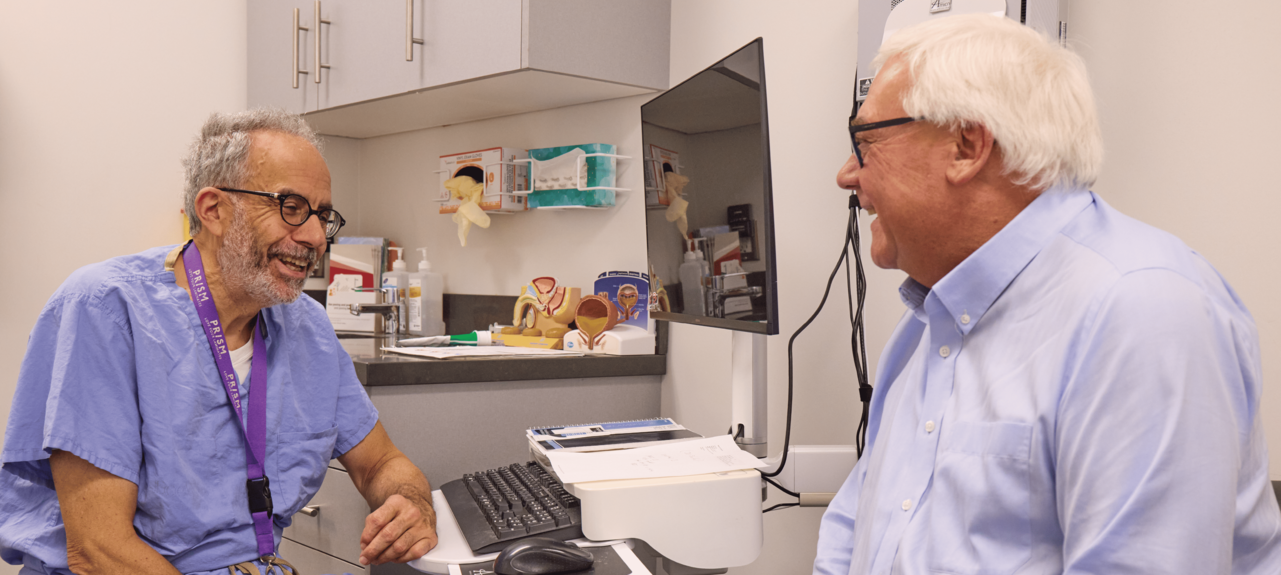
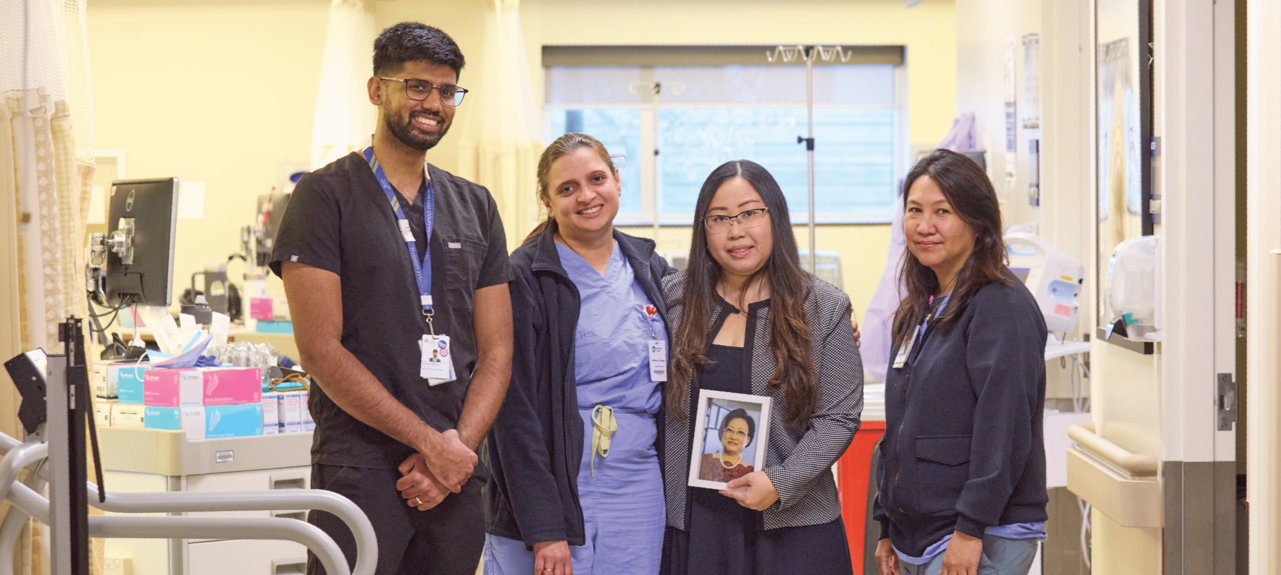


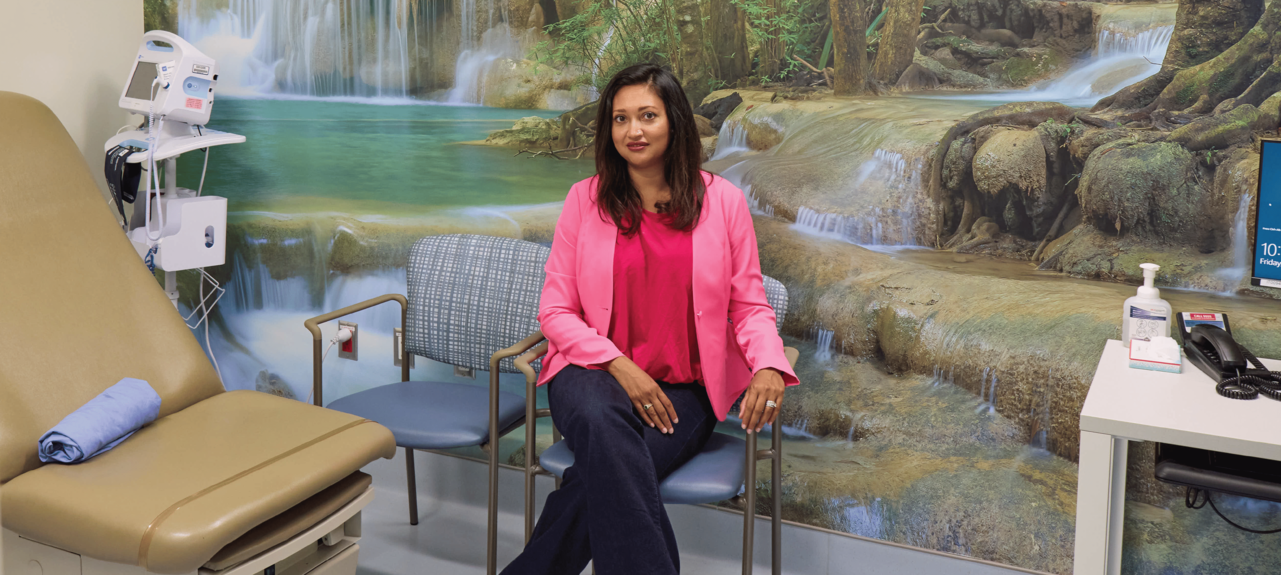
.png)









.avif)


















